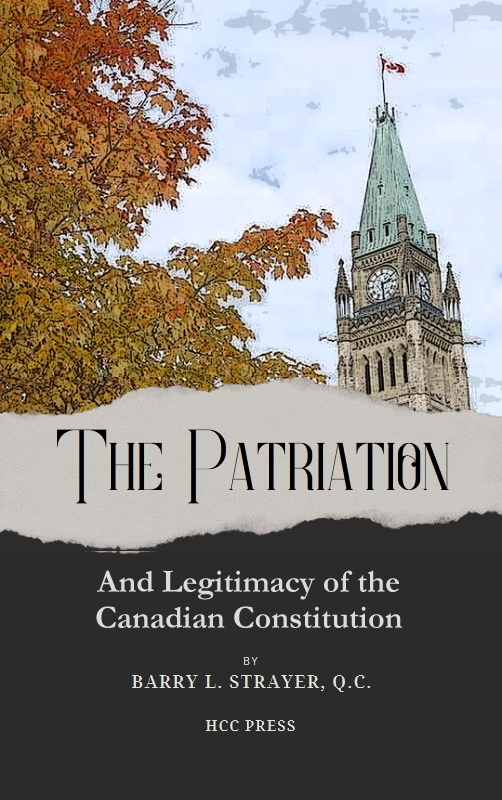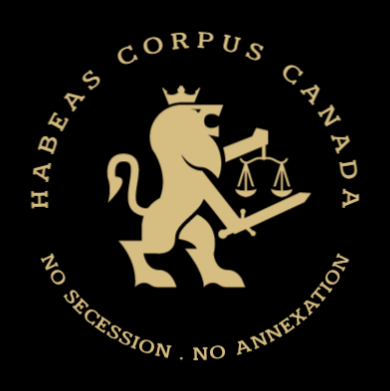Having called in aid the great mother of parliaments, what did we ask her to do? First, we asked her to pass the Canada Act, a very short Act indeed, having only four sections but with a very large schedule or appendix with the major amendments.
Second, we asked the United Kingdom Parliament to terminate its own authority over our constitution. This it did by enacting section 2 of the Canada Act which says that no future British Act shall apply to Canada, whether it is a constitutional Act or any other form of Act. It also made clear that future amendments to our Constitution should only be made in accordance with the new Canadian amending procedure.
Third, we asked Westminster to provide a modern underpinning for our Constitution by expressly providing that the Constitution of Canada is the supreme law of Canada. This was, in effect, a modern restatement of a rule which formerly had depended on section 2 of the Colonial Laws Validity Act of 1865.
Fourth, we further “canadianized” the Constitution by having Westminster legislate for us, for the first time in our constitutional history, in both English and French. For much of our Constitution, of course, there is still no official French version, a situation which we hope to remedy as soon as possible through the use of the new amending formula.
Several criticisms were raised as to the legality and legal effectiveness of this process of patriation.
There were attacks based on the argument that the Parliament and Government of Canada could not legally request constitutional amendments affecting the interests of the provinces without the consent of the provinces. This opposition was argued at length in the references taken by the provinces of Manitoba, Quebec, and Newfoundland to their Courts of Appeal, and by several of the provinces before the Supreme Court of Canada in the appeals from the provincial courts in these same references. This argument was rejected as a proposition of law by the Supreme Court of Canada, which could find no legal impediment to such a request being made by federal authorities 2 even though a majority of the Court, in the same judgment, thought that such a method of proceeding was contrary to the conventions or political practices of the constitution. A closely related argument put forward by several provinces was that even if federal authorities could make such a request, the United Kingdom Parliament could not implement it without the consent of the provinces. It was said that section 4 of the Statute of Westminster, 1931, which specifically required the request and consent of a Dominion for British legislation to apply to that Dominion, meant that provincial requests and consents also were required. That is, the word “Dominion” must be taken in this context
2. Re Resolution to Amend the Constitution [1981] 1 S.C.R. 753 at 773-84.

